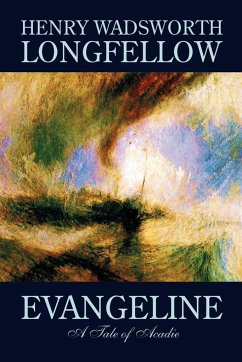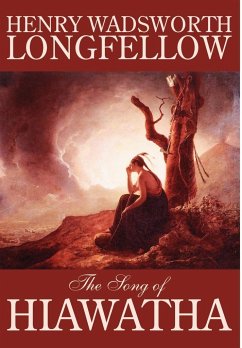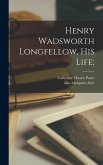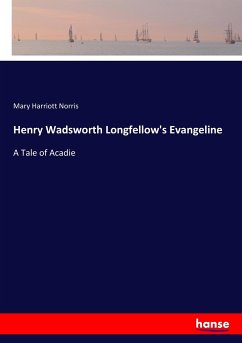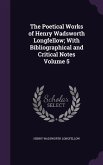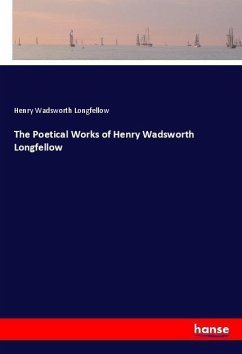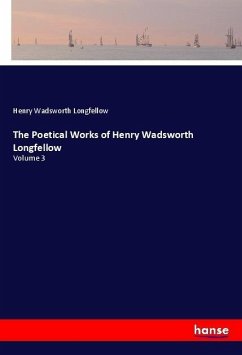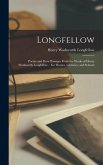The poem follows an Acadian girl named Evangeline and her search for her lost love Gabriel, set during the time of the Expulsion of the Acadians. The idea for the poem came from Longfellow's friend, Nathaniel Hawthorne. Longfellow used dactylic hexameter, imitating Greek and Latin classics, though the choice was criticized. It became Longfellow's most famous work in his lifetime and remains one of his most popular and enduring works.

